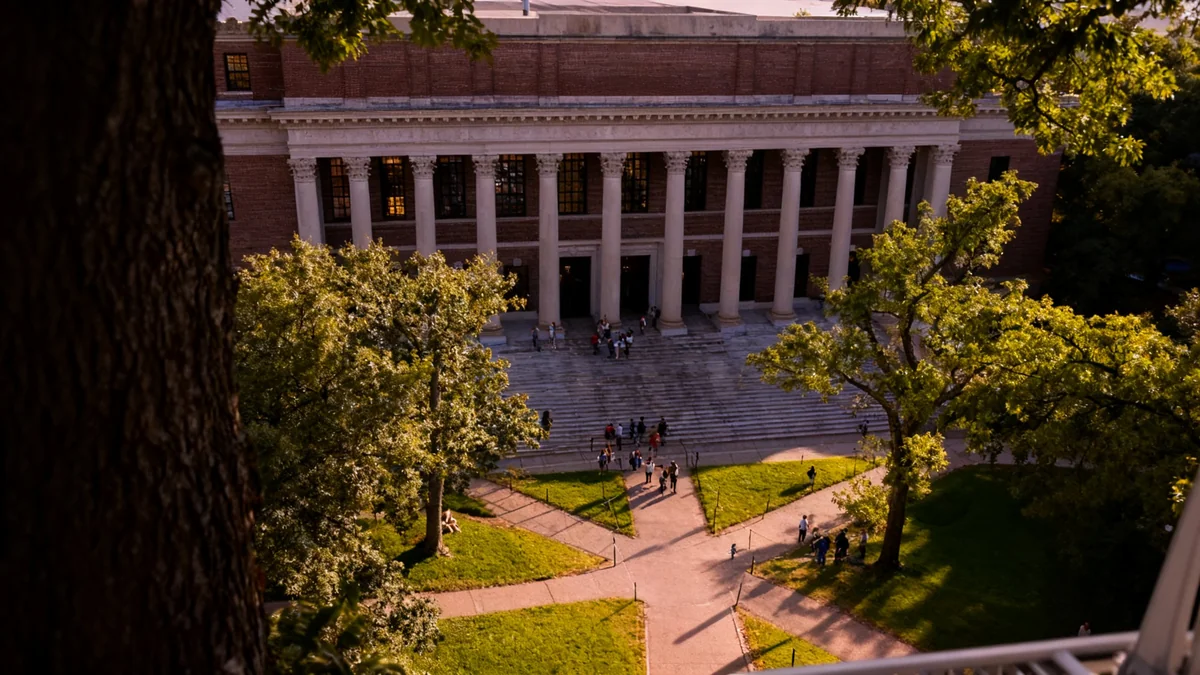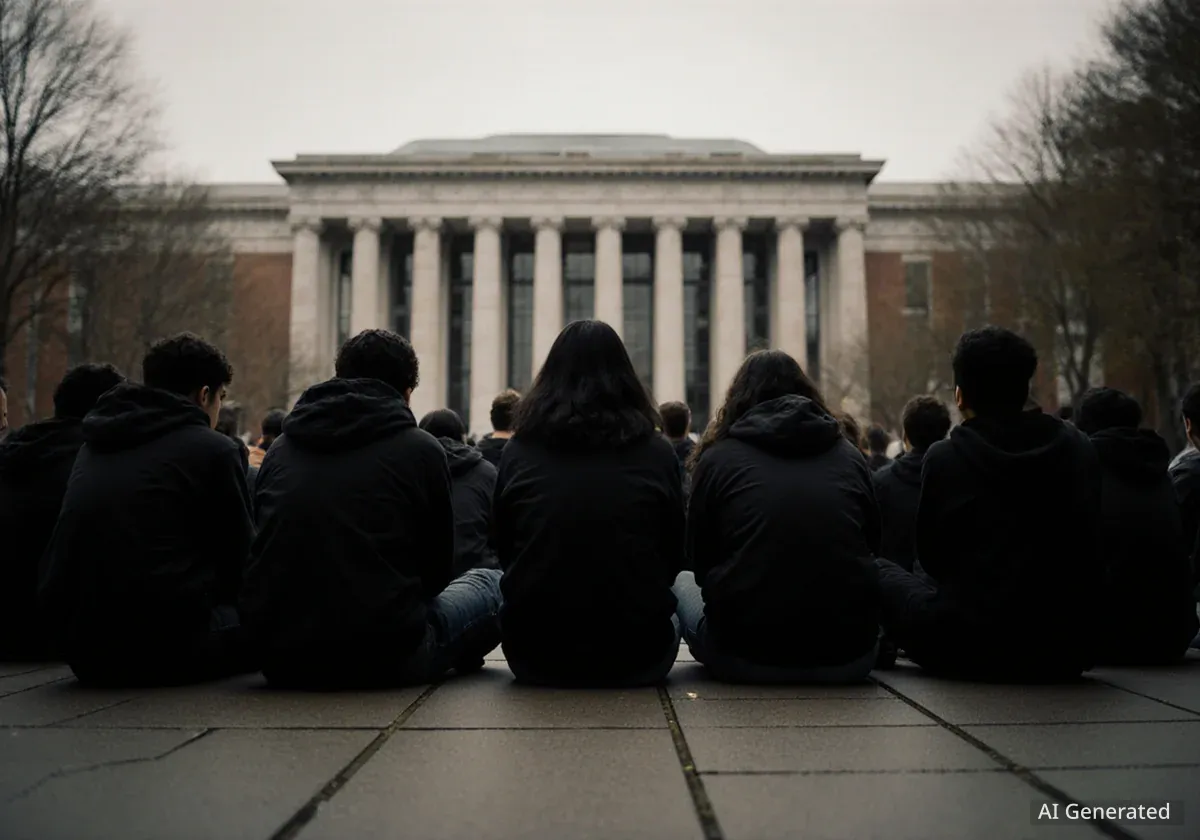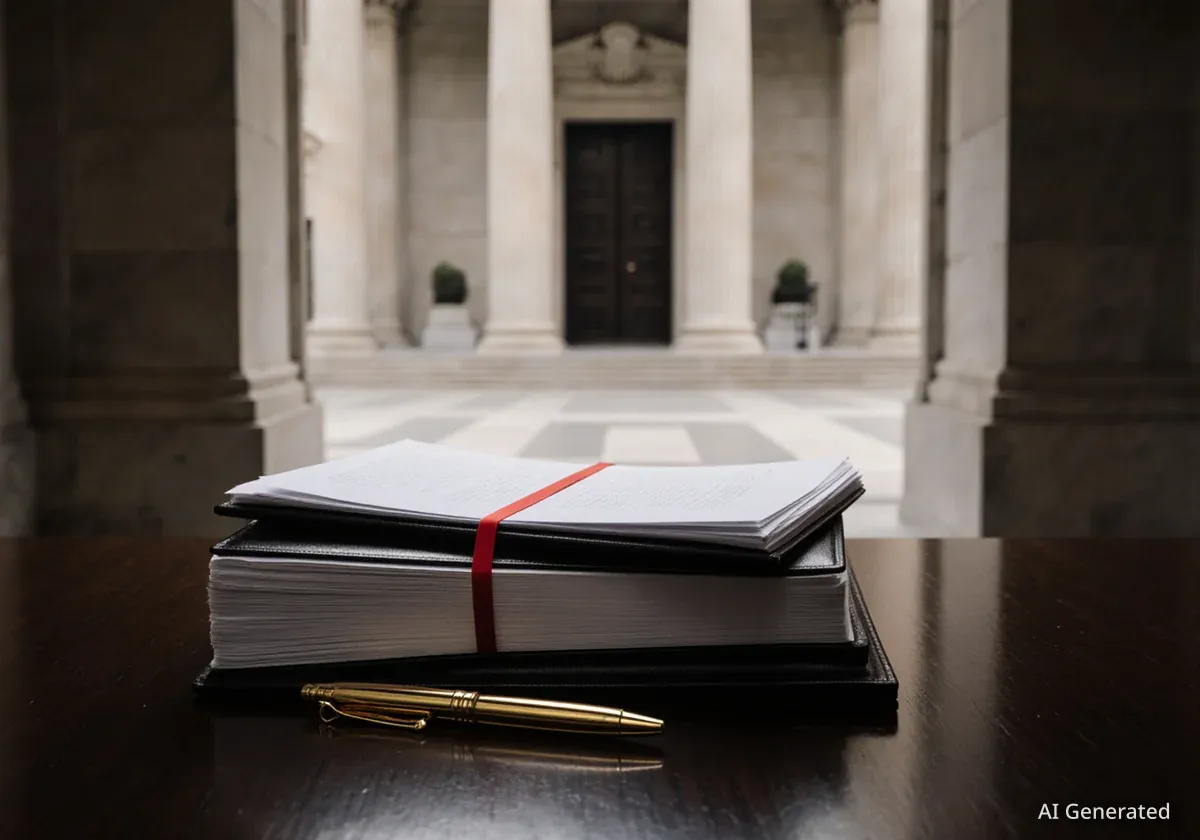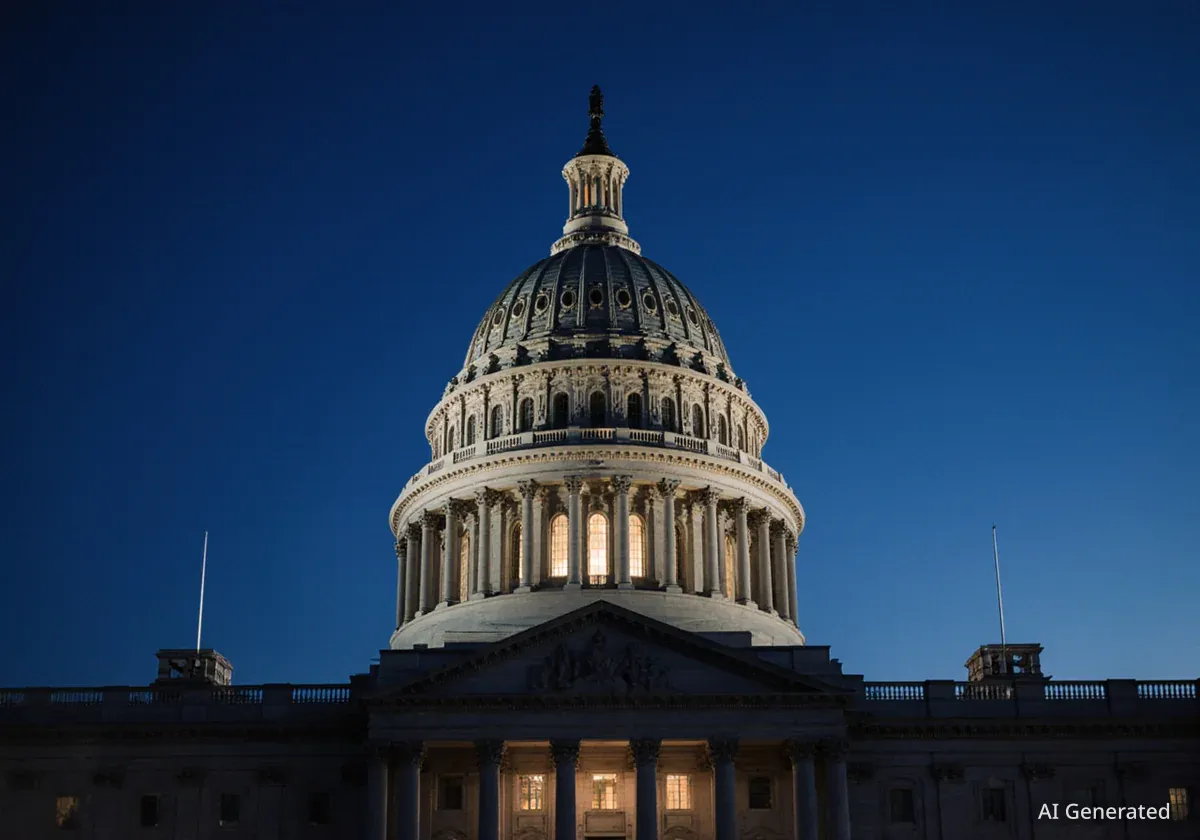The University of California, Berkeley, has confirmed it provided the names of approximately 160 faculty, staff, and students to the U.S. Department of Education. The disclosure is part of a federal investigation into the university's handling of antisemitism allegations on campus.
Key Takeaways
- UC Berkeley released the names of 160 individuals to the federal government.
- The list includes people accused of, affected by, or who reported antisemitic incidents.
- This action is part of a U.S. Department of Education investigation into campus antisemitism.
- The disclosure follows a congressional hearing where university leaders were questioned.
Details of the Information Disclosure
On September 4, officials at UC Berkeley notified the affected individuals that their names were included in documents submitted to the federal government. The university stated this action was necessary to comply with its legal obligations related to the ongoing investigation.
The list of 160 names is diverse, encompassing individuals from various roles within the campus community. According to a statement from Berkeley, the names belong to people who were either accused of antisemitic behavior, were directly affected by such incidents, or had formally filed complaints about antisemitism on campus.
Background of the Federal Probe
The investigation into UC Berkeley is part of a wider initiative by the Trump administration examining alleged antisemitism at several prominent U.S. higher education institutions. The University of California, Los Angeles (UCLA) is another major university currently under a similar federal review.
Congressional Scrutiny and University Position
The decision to release the names came approximately two months after Berkeley's chancellor, Rich Lyons, faced questioning from House Republicans. During a congressional hearing, Lyons and leaders from two other universities were asked to address their institutions' alleged failures to protect Jewish students from discrimination and harassment.
During the hearing, Chancellor Lyons articulated the university's stance on balancing safety with constitutional rights. He emphasized the institution's duty to protect its community while also defending free speech.
"The university has an obligation to protect our community from discrimination and harassment and uphold the First Amendment’s guarantee of free speech," Lyons stated at the hearing.
The university system has faced criticism from some alumni for its compliance with the investigation. However, in a statement provided to The New York Times, the University of California system defended its actions. The statement affirmed its commitment to privacy while acknowledging its legal requirements.
"The UC system is committed to protecting the privacy of our students, faculty, and staff to the greatest extent possible, while fulfilling its legal obligations," the statement read.
Wider Implications for the UC System
The investigation at Berkeley is not the only challenge facing the University of California system. Federal scrutiny has also created significant financial pressure, particularly for UCLA. The administration has demanded that UCLA agree to a $1.2 billion settlement.
Financial Stakes at UCLA
The proposed settlement is linked to the restoration of $584 million in federal research funding that has been frozen. This places the university in a difficult position, balancing its response to the investigation with the potential loss of critical research grants.
This situation highlights the complex interplay between federal oversight, university governance, and campus climate. As universities navigate these investigations, they must address concerns about student safety, freedom of speech, and legal compliance, all while managing significant financial and reputational risks.
The release of names by Berkeley underscores the direct impact these federal probes have on individual members of the campus community. The outcome of these investigations could set important precedents for how universities across the country handle allegations of discrimination and harassment in the future.





